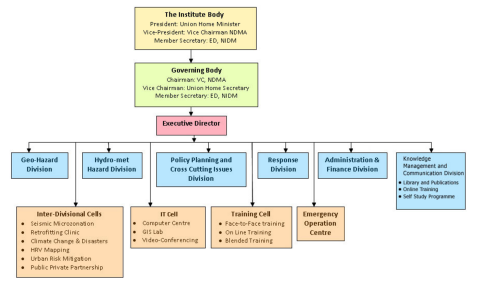Environmental Injustice Case Study Sarnia, Ontario, July 2021
Notes on "Everyday Exposure"
-denial of environmental heath issues, blaming the sick
-box ticking ans cover up, red tape bureaucracy
-"sensing policy": embodied, place-based,relational, responsible
Safe Side Off the Fence
EfeCengizThe documentary is missing because the documentary is as safe as the fence it mocks in its title.
In the beginning we are asked to bear witness to the construction and use of the most devastation weapon of indiscriminate death the world has ever seen, and all the harm the construction of such a tool, yet its construction and its use is justified near instantaneously by repeating the same old propaganda.
In continuation, we are asked to bear witness to the continuous production of similar weapons and the devastation caused by the mishandling of the waste that accumulated in their production, yet why such a production took place is not only left unquestioned, but simple hints of cold war propaganda is left in their places for safekeeping.
In the end, we are asked to bear witness to a sombre victory, same spectres of patriotism and nation-of-God watching over our shoulder, yet how the pitiful situation of being forced to celebrate even such a small victory is never explored.
To sum up, we are shown people, good people, who struggle against the symptoms of a disease, yet this disease itself never named, nor challenged. It could not have been challenged, as it would force a complete change in their discourse.
If we sincerely would like to critique how the bodies of these workers were made disposable; used, harmed, dislocated and discharged as deemed necessary; if we wish to explore this topic as the necropolitical issue it is, we cannot stop halfway through. This inability to stop chasing connections, relationalities wherever it fits our ideology, is not a call for “objectivism”, it’s a call to respect the term of Anthropocene with all its rhizomatic connections.
An investigation of nuclear waste, that does not factor the use of its product, the socio-political effects of said product, and the historical conditions that even led to the possibility of producing it in such ways and such quantities, are of no use for us. It cannot penetrate the barrier of capitalist realism. If it could, at least a single mention of workers unions would have existed. Instead, it has confessionals by atomic weapons lawyers whose heart goes out to these workers.
An America that refuse to face up to the fact that it is what it is by the great necropolitical project it led for hundreds of years, I struggle to accumulate sympathy for, what I can easily accumulate is rage however, which this documentary is missing..
Wish the documentary would have at least attempted to say something radical, instead of praising these disposable bodies for being patriotic about it. There are lives who never had false fences built as idols for safety, the collective idols of old America, the patriotic nation under God were built upon their broken bodies, what would you ask of them?
pece_annotation_1475710444
hayley.frankThe Minister of Home Affairs acts as the President, and the Vice Chairman of the NDMA (National Disaster Management Authority) acts as Vice President. The body of the organiation is comprised of 42 members including secretaries of nodal Ministries and Departments of Government of India and State Governments, the heads of national scientific, research and technical organizations, and eminent scientists and practioners. The governing body of the organization, which runs its day to day operations, is comprised of 16 members, and is chaired by the Vice Chairman of the NDMA, with the Secretary of Home Affairs acting as the Vice President.

pece_annotation_1475709445
hayley.frankThe Disaster Management Act of 2005 constitutes the responsibilites of the NIDM to be human resource development, capacity building, training, research, documentation and policy advocacy in the field of disaster management. The organization aims to promote disaster management as a high priority in the national goverment. They also aspire to create "a culture of prevention" pertaining to disasters that involves all stakeholders.



The Ahoskie Plant is the first Enviva plant that was opened in North Carolina. This plant has a production capacity of 410,000 metric tons annually.